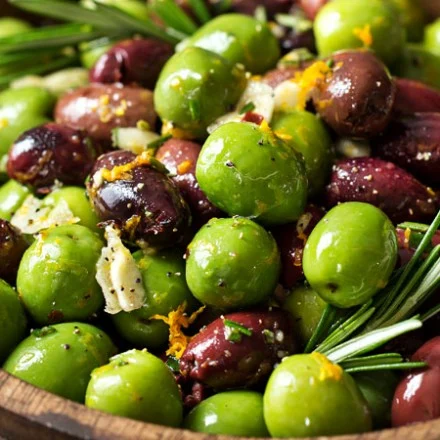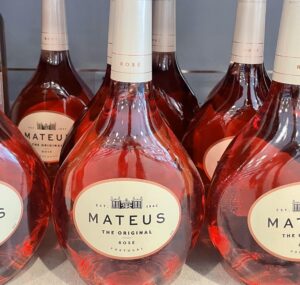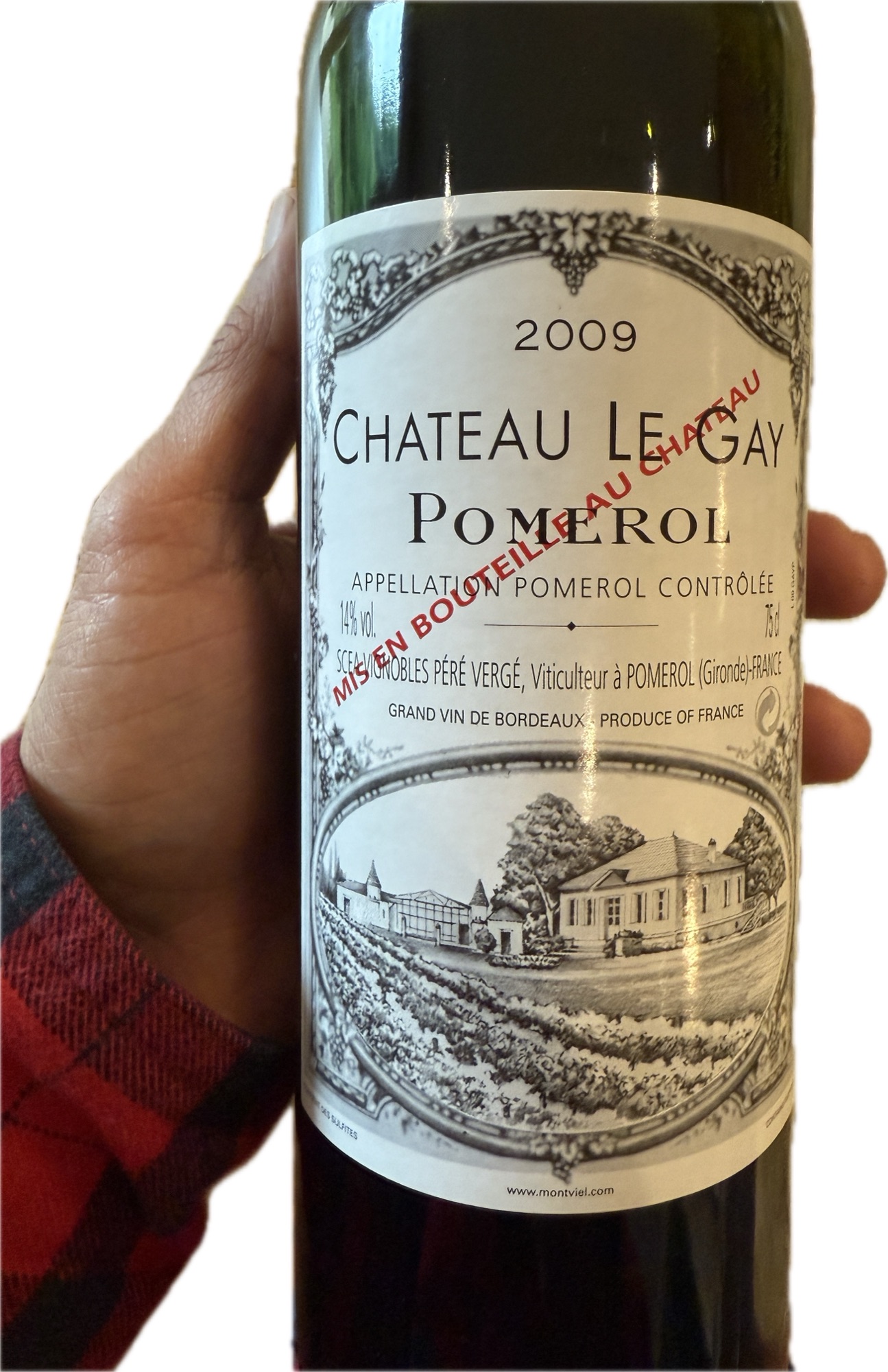I am seated at a table on the curving stone boardwalk in Tamariu, on the Costa Brava southern coast of Spain. Before me sits a bowl of green olives, glistening with olive oil and flecks of herbs. A small plate of almonds sits beside it, sea salt crystals clinging to the crisply toasted surface. Beyond, the small, comfortable beach curves around to the rocky headland, with a flock of small white sailboats crowded in the bay. They look like toys on the green glass of the Mediterranean. It’s a cozy bay and boardwalk, not big and windy like the Promenade des Anglais in Nice.

The rocky headland gathers the small bay, like enfolding arms, giving the table I’m seated at a feeling of protected shelter, from which to observe the activity—warm sun, the sunbathers, topless and otherwise, children chasing seagulls, and across the little bay, youngsters jumping off rocks into the warm lapping water.
Now I’m in a café at the central square in Beaumes de Venise, in Provence. Plane trees, with scabby bark like an old elephant’s skin surround the square. In the distance, there is the klink-klink of codgers at their game of pétanque. There is a dusty dryness in the air, and the ever present song of cigales in the background. The smell of lavender faintly drifts through, sometimes smelling like heat, sometimes smelling like soap. Before me sits a plate of merguez sausage with a well salted judicious portion of crisp frites.
July in Toronto, on a sweltering July afternoon. A plate of charcuterie, fresh figs and Reggiano cheese sits on the low table in front of me. The air is heavy and humid. It’s lush though; I’m surrounded by the green of stout oak trees, maples, lilac bushes and summer vegetable gardens.
And before me, in each of these stands a crisply cool glass of Rosé, beads of condensation on the glass, creating a kind of luscious haziness through which the pale salmon of the wine filters through. It beckons one to take that first lemony, sweet, raspberry sip.
Rosé is, as they like to say, “having a moment.” But like most, “discoveries” rosé was neither just invented, nor did it ever go out of fashion. I’ve stolen a quote by Jacques Pepin from Victoria James’ book Drink Pink: A Celebration of Rosé.
“Rose is probably the most unpretentious and democratic of all wines. Something you drink while playing boules, or mushrooming – a true vin de copain.”
HE was talking about Provence, but in fact, rosé goes back a lot further.
Initially, the ancient Greeks simply mixed all grape juices, dark or light, together resulting is a pinkish wine. Their goals was to get wine in large quantities as quickly as possible. The Romans simply mixed red and white wines to get rosé. But the Phoenicians carried grapes to Massalia, now Marseille, and in doing so, gave rosé its first hold in Provence, which to this day has both thirst quenching lunch and fine, purpose-built rosés. It is also the place that freed them from the mental tethers of Mateus and blush wine, to a kind of rosé which properly takes its place among more serious wines.
But in the US and Canada, rosé has a rather low brow reputation. We can credit (or accuse, depending on your views) Bob Trichero for making the first pink Zinfandel, the so called “blush” wines of the late 80s. I drank them eagerly. It was an almost an accidental product, made from runoff of the main Zinfandel wine he was making.

Teenagers and college students drank gallons of Mateus rosé, a sweet, slightly sparkling confection from its wide, flat, pill shaped bottle. It was cheap—in every sense of the word. From then on, people considered all rosé to be Mateus-pink, good only for sweaty college parties.
Rose is highly flexible in terms of food parings. Kermit Lynch once said, “Rose is red wine without the tannins.” It retains the complexity and texture, losing in the tannins perhaps some of the ageability.
I once selected it for a summer party where we were serving a combination of roast beef, chicken, and salmon. A Spanish rose would go perfectly with all of these. My wine merchant and I agreed. I was the only one who drank any. My fellow Canadians had been too deeply scarred by the cheap Portuguese plonk of their youths.
Further reading
https://www.josephjewell.com/wine/a-very-brief-history-of-rose/


